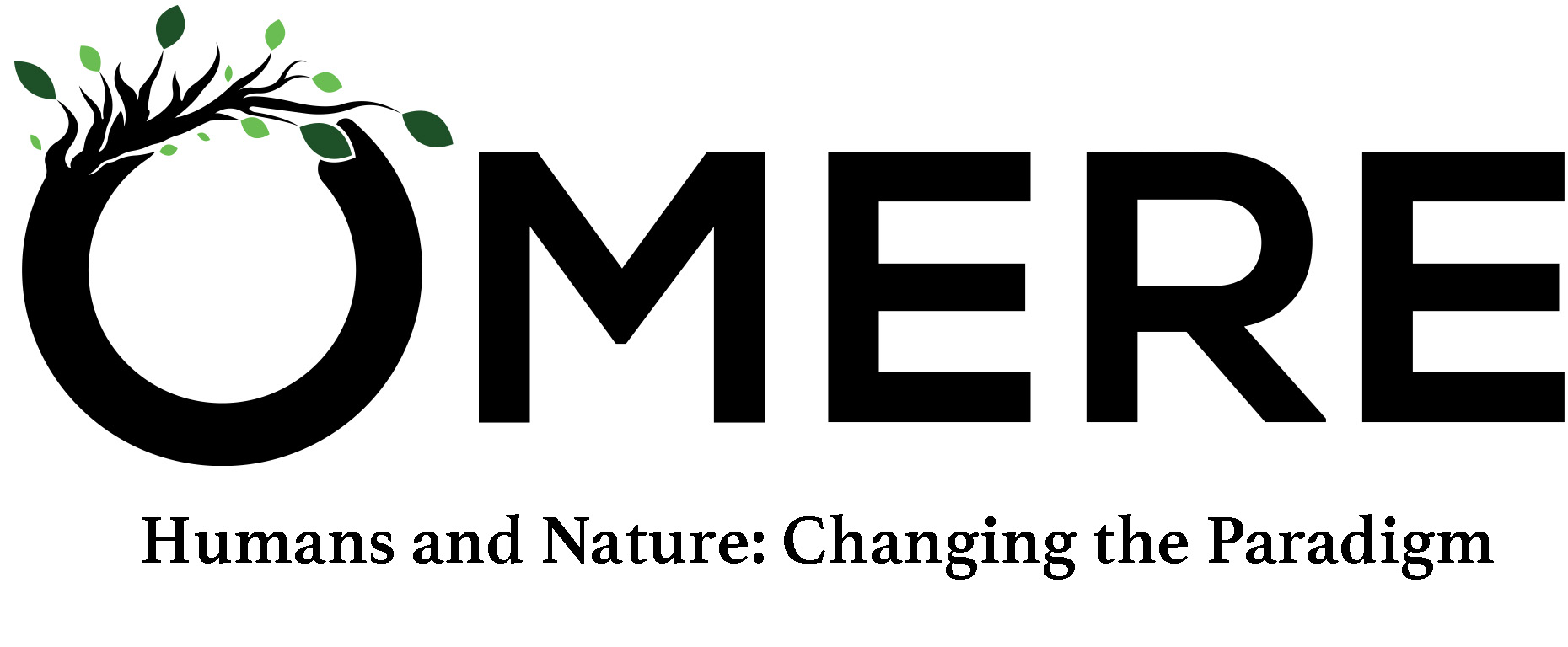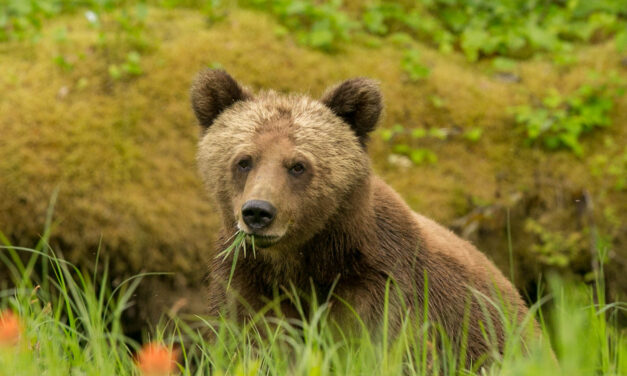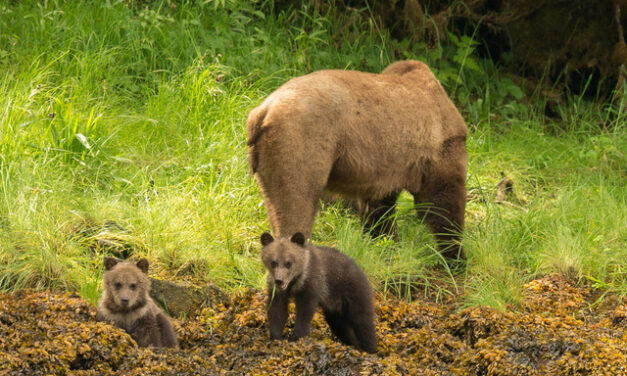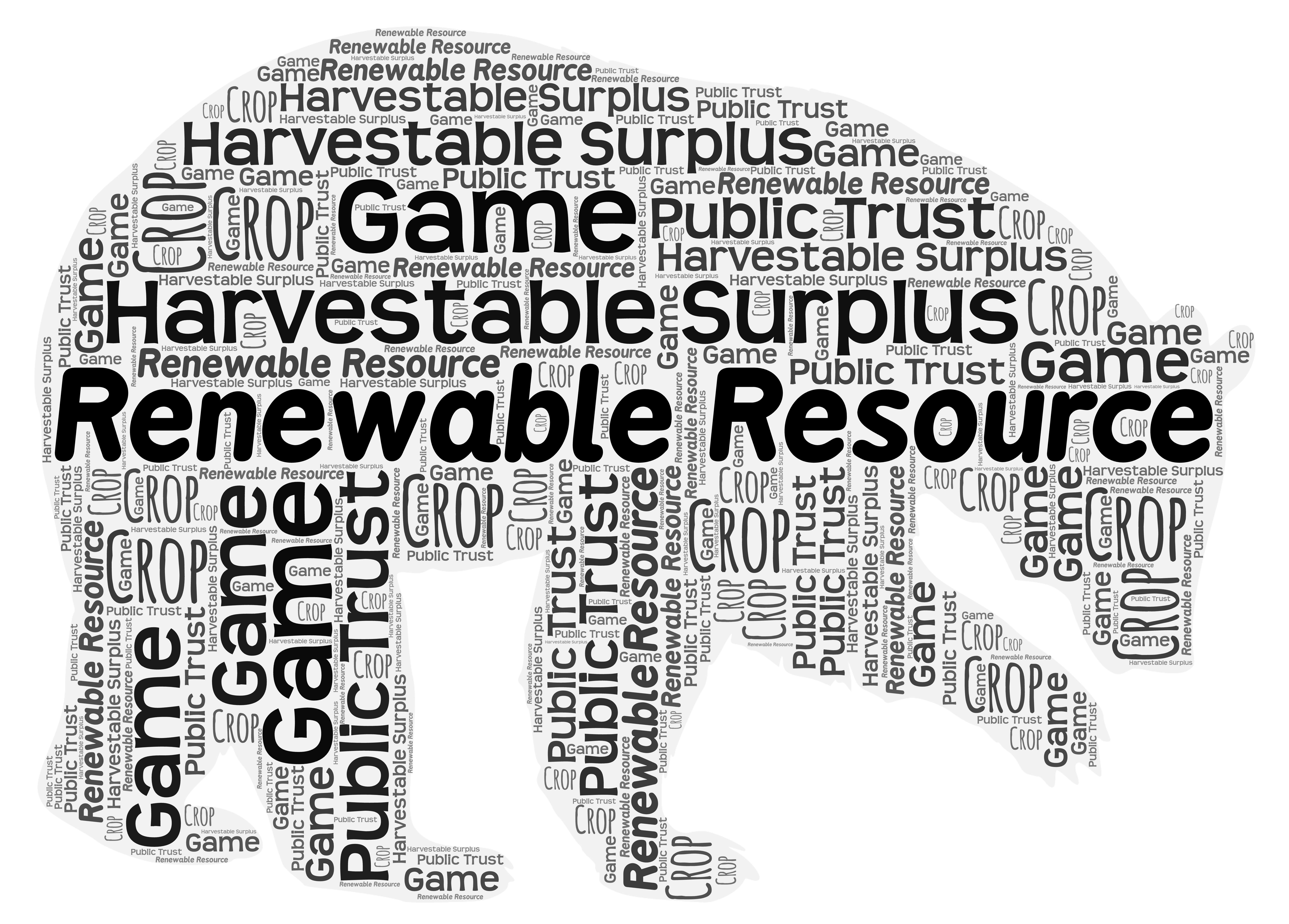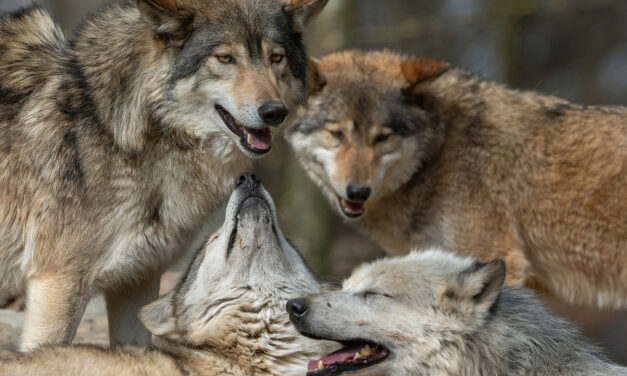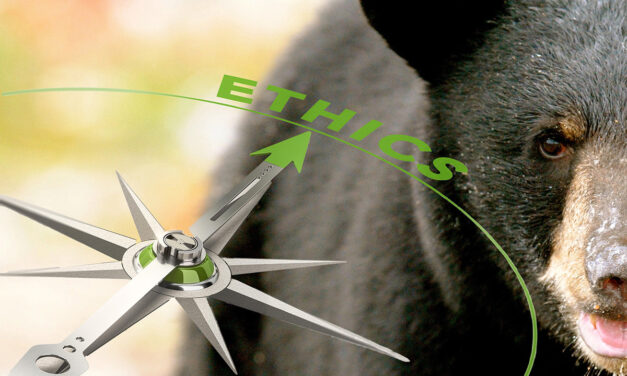A Bear is not just a Bear: Recognizing the Individual in Wildlife Conservation
Disregarding the individual is not only antithetical to appreciating sentience but also detrimental to enhancing conservation efforts. An ethical failure goes hand in hand with an ecological one.
Read More